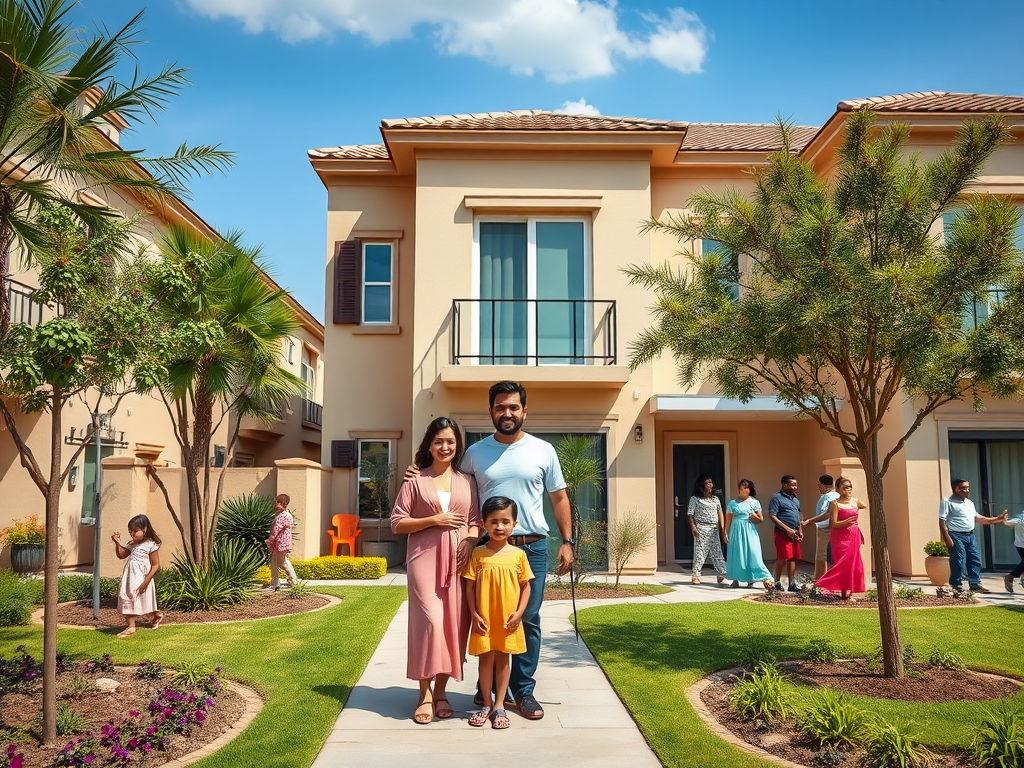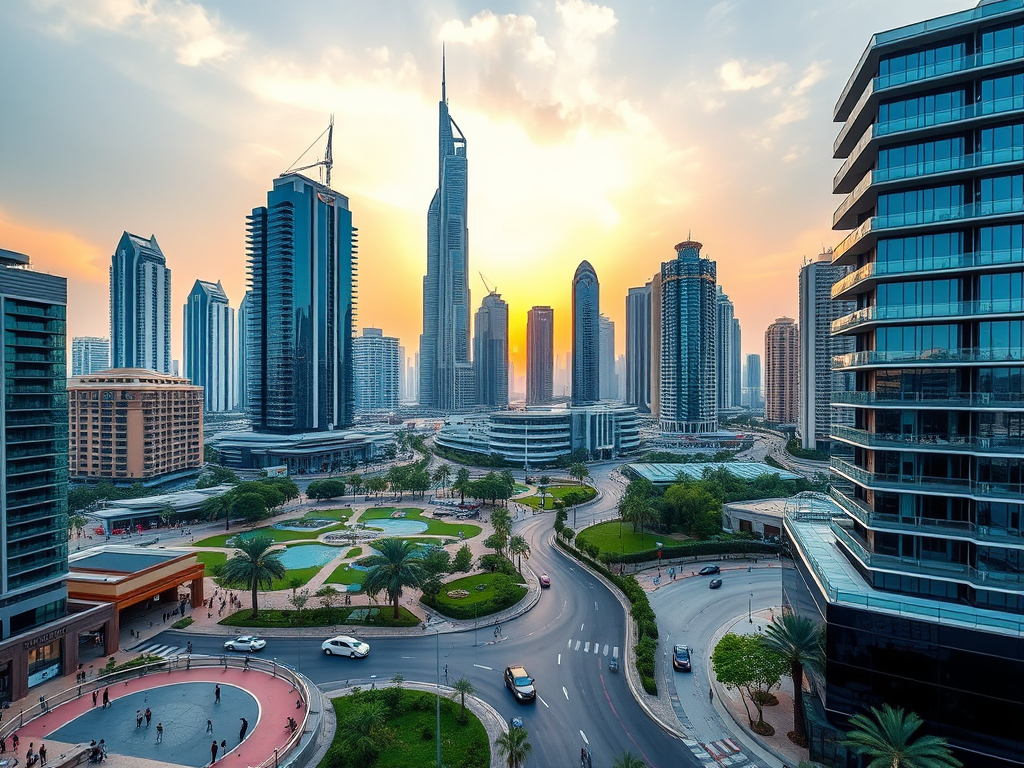The real estate market in Dubai offers an array of options for both renters and buyers, making it essential for individuals to evaluate their personal circumstances before making a commitment. Whether you are a transient professional, an expatriate, or someone looking to put down roots, the decision to rent or buy can significantly affect your lifestyle and financial standing. This article delves into the intricacies of renting versus buying a property in Dubai, exploring the pros and cons of each, and providing insights to help you make a more informed choice. Understanding the trends, financial implications, legal aspects, and lifestyle factors associated with both options will empower you to align your housing decision with your long-term goals.
The Renting Landscape in Dubai

Renting in Dubai has become a feasible option for many, particularly with the evolving rental landscape influenced by both local and global economic factors. The past few years have seen a significant fluctuation in rental prices, creating opportunities for tenants to negotiate better rates. Many landlords are now more inclined to offer flexible payment plans. When looking at the rental market, it’s important to consider the factors contributing to this environment, including location, property type, and amenities.
Here are some benefits of renting in Dubai that make this option compelling:
- Flexibility and Mobility: Renting allows for more freedom to move, which is ideal for individuals unsure about their long-term plans.
- Easier Financial Commitments: With lower upfront costs, renting can be less daunting for young professionals or those new to the city.
- Maintenance and Repairs: Renting typically places the responsibility of property maintenance on the landlord, freeing tenants from additional costs and stresses.
- Access to Luxury Amenities: Many rental properties offer access to facilities such as gyms, pools, and security, often not attainable when buying.
The Buying Landscape in Dubai

The buying segment of Dubai’s property market has been gaining momentum, largely due to favorable conditions for buyers, such as competitive pricing and loan accessibility. Buyers often find that investing in property not only provides a place to live but also serves as a long-term asset. Homeownership can offer an emotional sense of fulfillment while also presenting financial advantages. Among these advantages is the opportunity for property appreciation over time, increasing overall wealth.
When considering buying, keep the following advantages in mind:
- Long-term Investment Potential: Property in Dubai has historically appreciated, making it a worthwhile investment for the future.
- Ownership Benefits: Owners may have more freedom to modify their living space, unlike renting where changes often require landlord approval.
- Stable Housing Costs: Mortgage payments can be more predictable compared to fluctuating rental rates, offering more budget stability.
- Tax Benefits: With no property taxes in Dubai, buyers can benefit financially when it comes to homeownership.
Financial Considerations
When deciding between renting and buying, understanding the financial implications is crucial. There are several cost factors to evaluate, such as upfront payments, monthly costs, and long-term financial commitments. Below is a comparison of the financial aspects involved in each option:
| Cost Type | Renting | Buying |
|---|---|---|
| Upfront Costs | Security deposit, agency fees | Down payment, registration fees |
| Ongoing Costs | Monthly rent | Mortgage payments, property maintenance |
| Long-term Implications | No equity building | Potential for appreciation |
Lifestyle and Location Factors
Your personal lifestyle and location preferences can heavily influence your decision to rent or buy. Many individuals often prioritize convenience, such as proximity to work or schools, which can dictate rental costs or property prices in certain areas. A downtown apartment may have a higher rent but offer the advantage of being close to amenities, whereas a property further out may be more affordable.
Consider these lifestyle factors when deciding:
- Desired Amenities: Consider the importance of having nearby grocery stores, parks, and schools.
- Commute Time: A longer commute might be worth it if the property is larger or cheaper.
- Social Environment: Evaluate whether you prefer a vibrant community with lots of activities or a quieter neighborhood.
Legal Considerations
Understanding the legal implications of both renting and buying is essential to avoid any pitfalls. Renting generally involves a straightforward lease agreement, while purchasing property requires navigating legal documentation for ownership. In Dubai, different rules apply based on whether you’re a citizen or an expatriate. For renters, it’s vital to secure a valid tenancy agreement and understand your rights as a tenant.
Conversely, buyers must familiarize themselves with ownership laws in Dubai, including rules regarding foreign ownership, registration fees, and mortgage conditions. Understanding these legal parameters can help ensure a smoother transaction and peace of mind.
Conclusion
The choice between renting and buying property in Dubai is influenced by various factors, including individual financial situations, lifestyle preferences, and market conditions. By weighing the advantages and disadvantages of each option, potential renters and buyers can align their choices with their long-term goals. Ultimately, this decision should reflect personal circumstances and financial readiness, ensuring a comfortable living situation.
Frequently Asked Questions
- Is renting more convenient in Dubai? Yes, renting offers more flexibility and requires less financial commitment upfront.
- What are the tax implications of buying property in Dubai? Generally, Dubai does not impose property tax; however, there are associated costs like registration fees.
- Can expats buy property in Dubai? Yes, expats can buy property in designated areas, often with specific regulations to follow.
- How do rental agreements work in Dubai? Rental agreements are typically one-year contracts, subject to renewal, and often require a security deposit.
- What are the risks of buying property in Dubai? Market fluctuations and potential depreciation of property value can pose risks for buyers.
